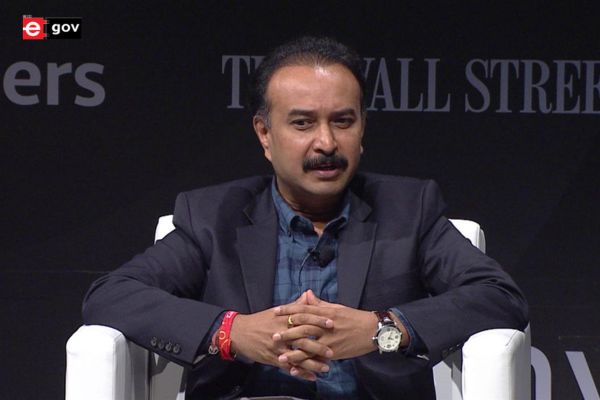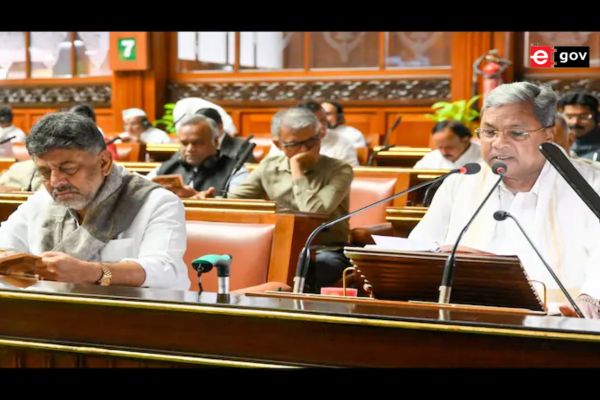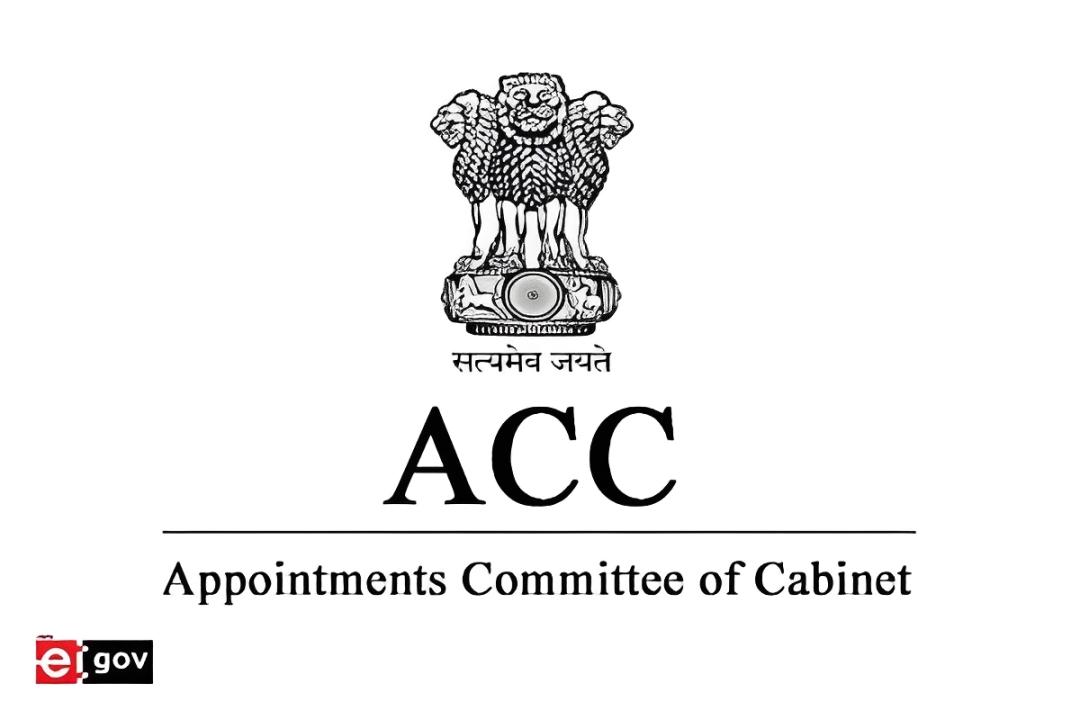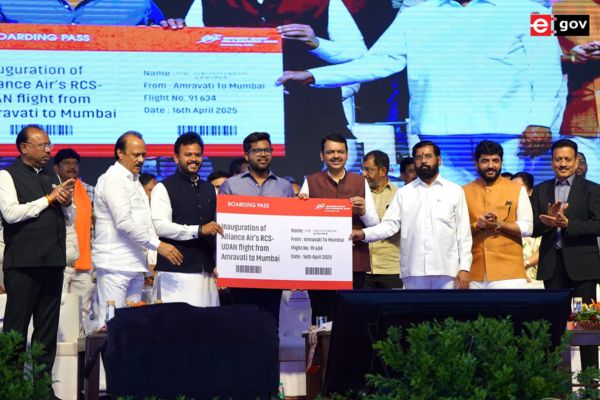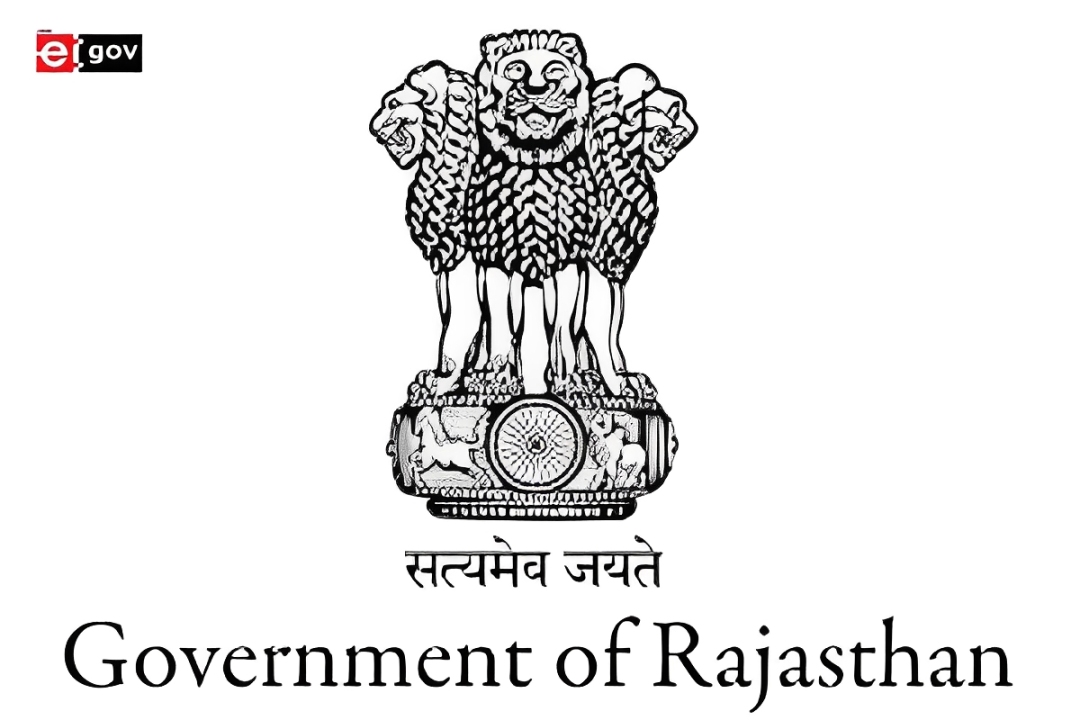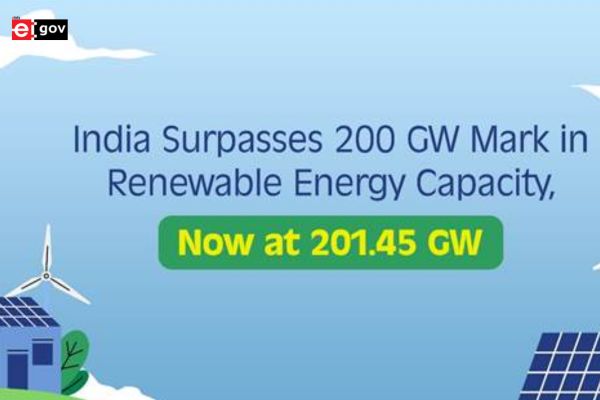
India has significantly advanced in its renewable energy sector, with its total renewable energy capacity surpassing 200 gigawatts (GW). This achievement represents a crucial step towards the country’s goal of generating 500 GW of energy from non-fossil fuel sources by 2030.
According to the Central Electricity Authority, the total renewable energy capacity reached 203.18 GW by October 2024, marking an increase of 24.2 GW from the previous year. This growth highlights India’s commitment to sustainable energy and a cleaner future. In addition, India’s total non-fossil fuel capacity, including nuclear power, now stands at 211.36 GW, up from 186.46 GW in 2023.
This milestone is the result of consistent efforts to harness the country’s vast natural resources, including solar, wind, and hydroelectric power. India’s renewable energy sector has seen impressive growth, with the nation building a diverse energy portfolio that includes 92.12 GW of solar power, 47.72 GW of wind power, and 46.93 GW from large hydro projects. Additionally, biopower contributes 11.32 GW, further expanding the renewable energy base.

The renewable energy sector’s growth is not only a boost to the nation’s energy security but also a driver of employment. In 2023, the sector created an estimated 1.02 million jobs, reinforcing India’s leadership in clean energy on a global scale. The solar photovoltaic sector alone employed approximately 318,600 people, contributing significantly to job creation and economic growth.

India’s progress in renewable energy is in line with its climate change commitments under the Paris Agreement. The country aims to reduce its emissions intensity by 45% by 2030, compared to 2005 levels, and to ensure that 50% of its electricity comes from non-fossil sources. These efforts support India’s long-term target of reaching net-zero emissions by 2070.
Several states have emerged as leaders in renewable energy development, with Rajasthan, Gujarat, Tamil Nadu, and Karnataka leading the way in installed capacity. Rajasthan, with its vast land and solar potential, tops the list with 29.98 GW of installed renewable capacity.

India’s renewable energy sector has reached a pivotal milestone, and with further advancements and ongoing government initiatives, the country is well on its way to achieving its ambitious energy goals. By prioritizing sustainability and clean energy, India is set to play a major role in the global transition towards a greener, more resilient energy future.
Be a part of history! Express your interest and get featured in our exclusive souvenir, launching at the Bengaluru Tech Summit.
Be a part of Elets Collaborative Initiatives. Join Us for Upcoming Events and explore business opportunities. Like us on Facebook , connect with us on LinkedIn and follow us on Twitter, Instagram.
"Exciting news! Elets technomedia is now on WhatsApp Channels Subscribe today by clicking the link and stay updated with the latest insights!" Click here!




